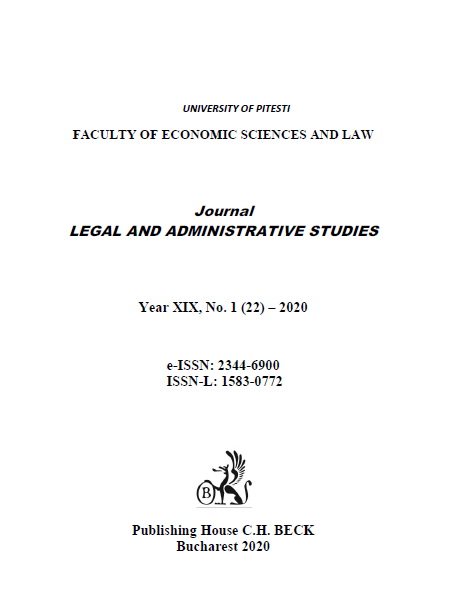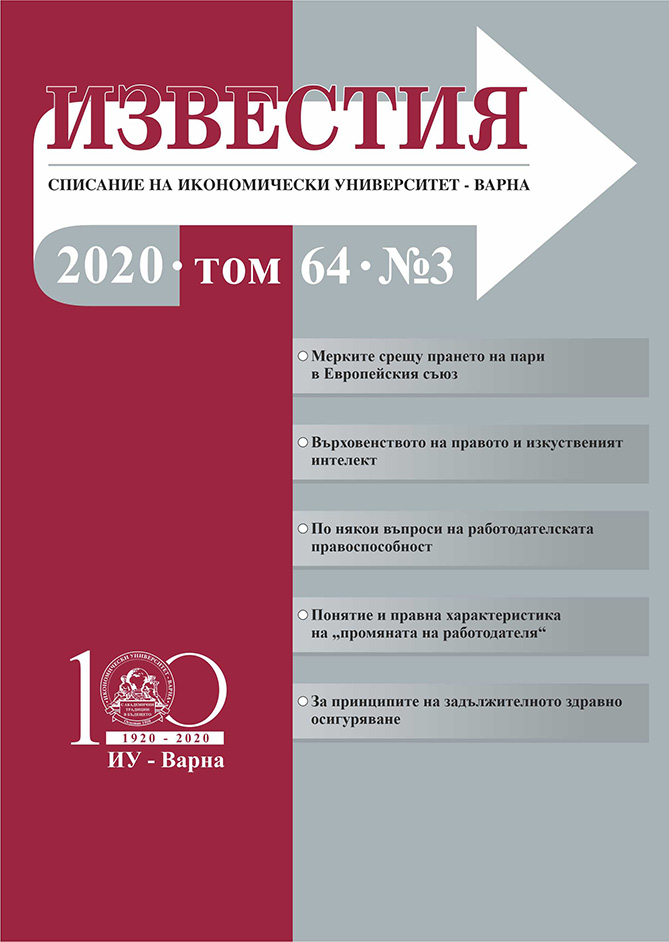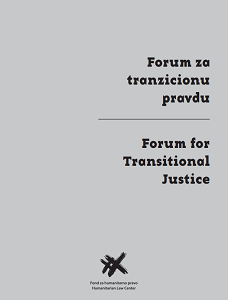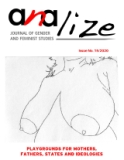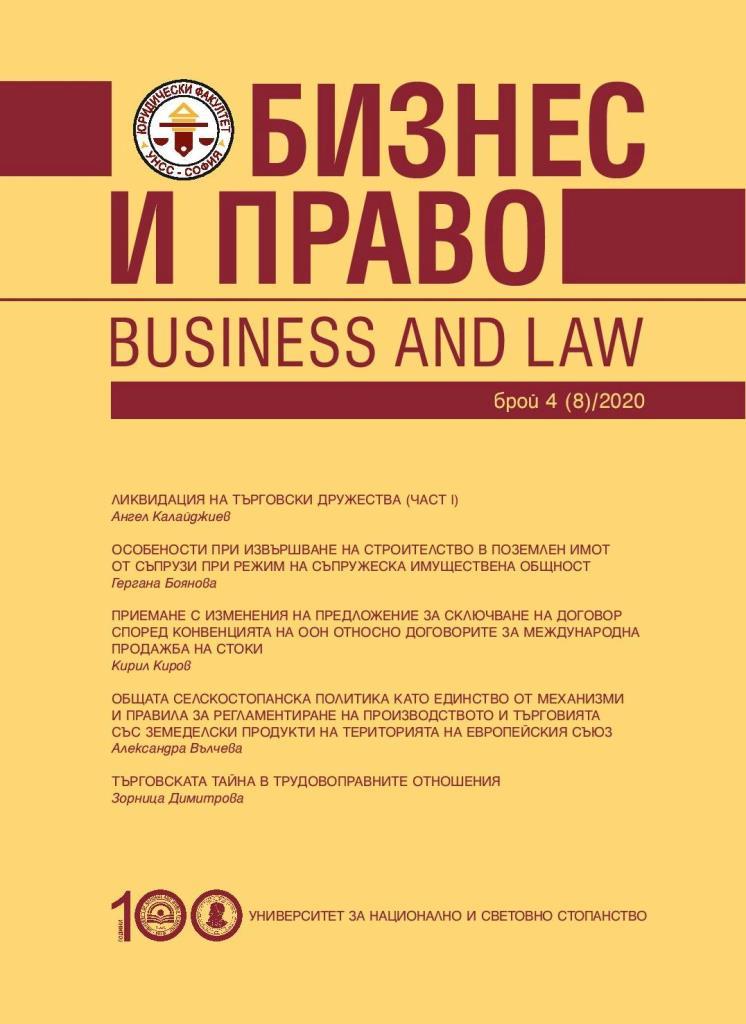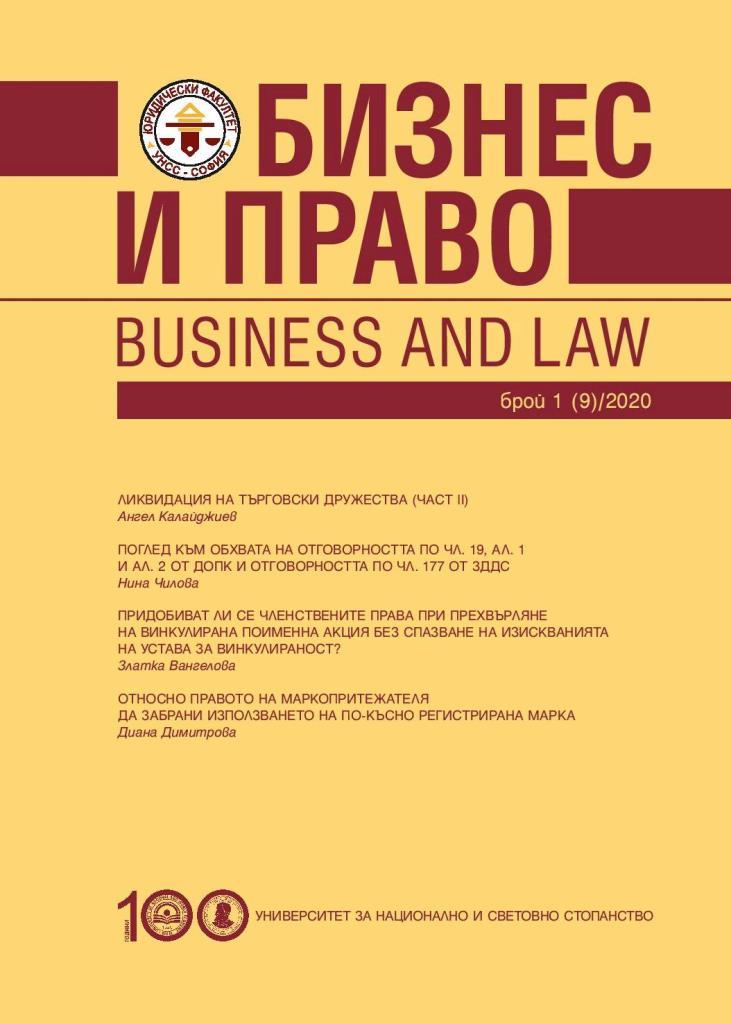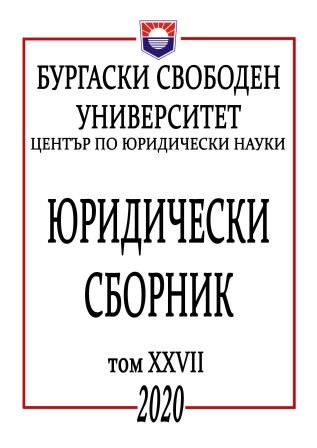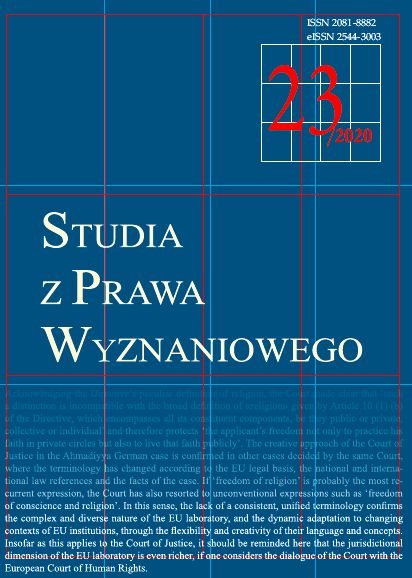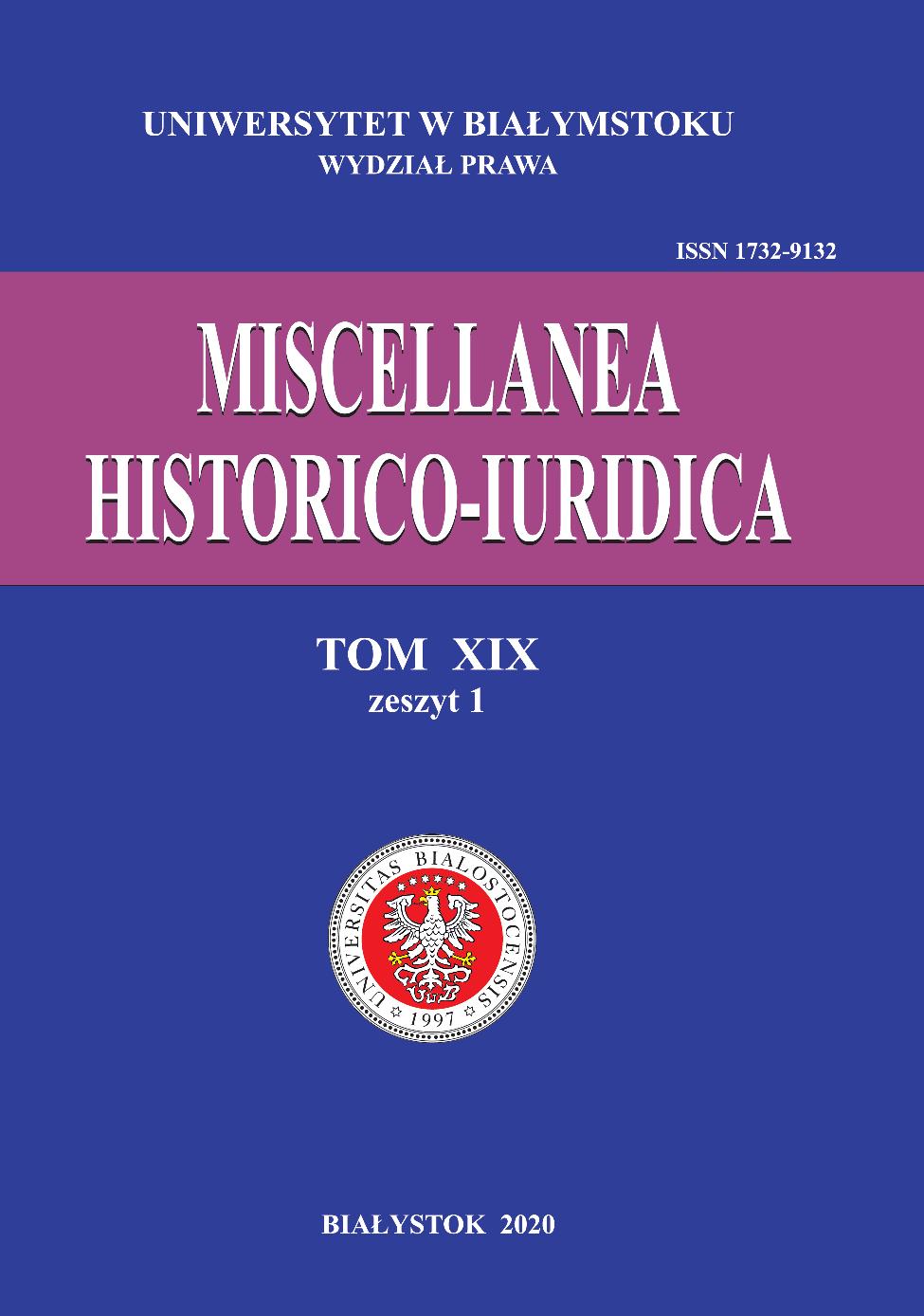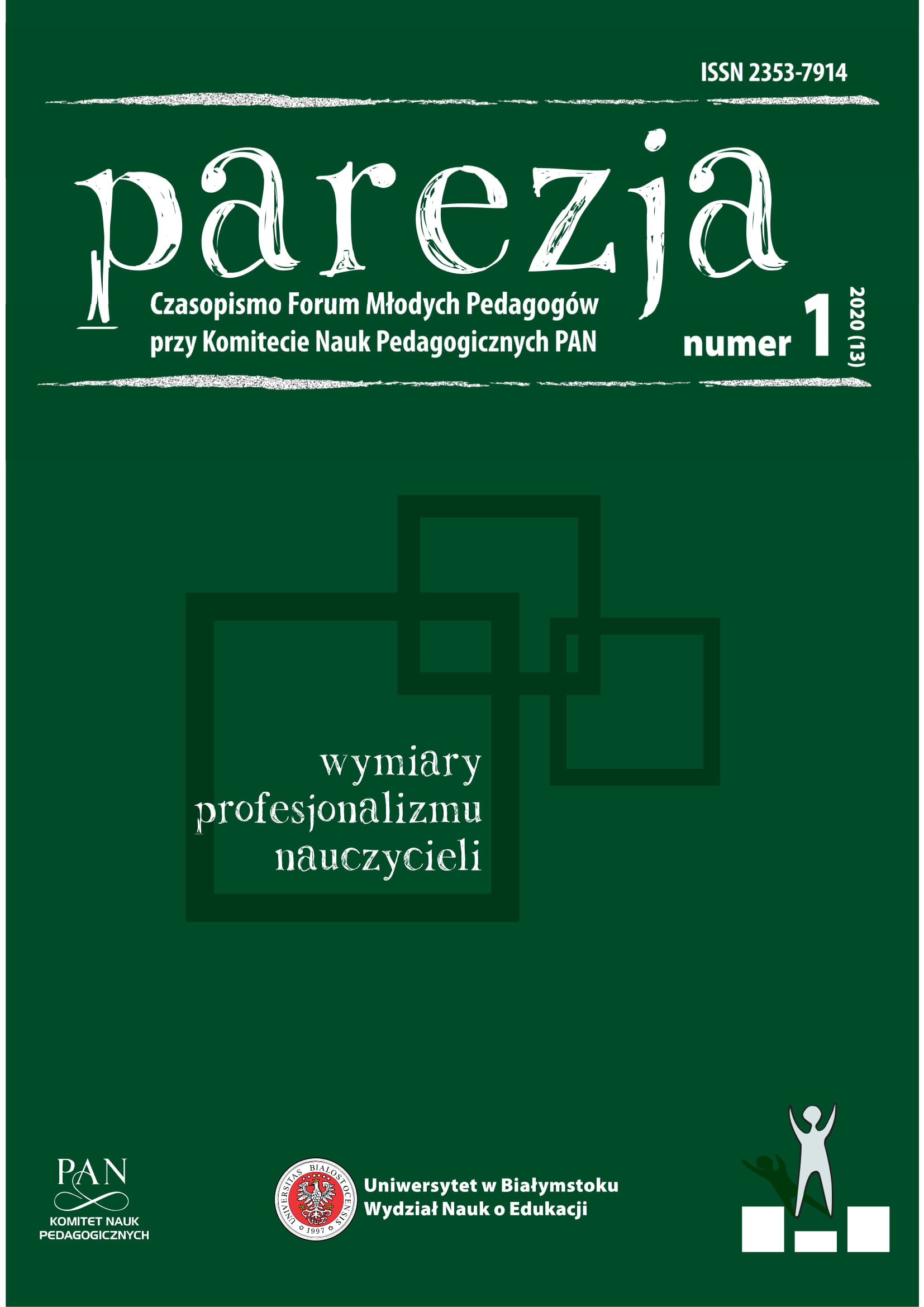
Profesjonalizm nauczyciela a kultura praw dziecka w szkole
The article deals with the issue of implementing the culture of children’s rights in school and the role of a professional teacher in this process. Practicing this culture in everyday school life is a task that requires the teacher not only to have a thorough knowledge of the rights of the child and human rights, but also to accept these ideas and create opportunities to experience and claim them at school. The academic and colloquial discourse on teacher professionalism ignores or marginally treats this dimension, which results in a low level of practice of children’s rights culture in schools. This state is also important for the quality of citizens’ preparation for life in a democratic civil society based on human and children’s rights.
More...
